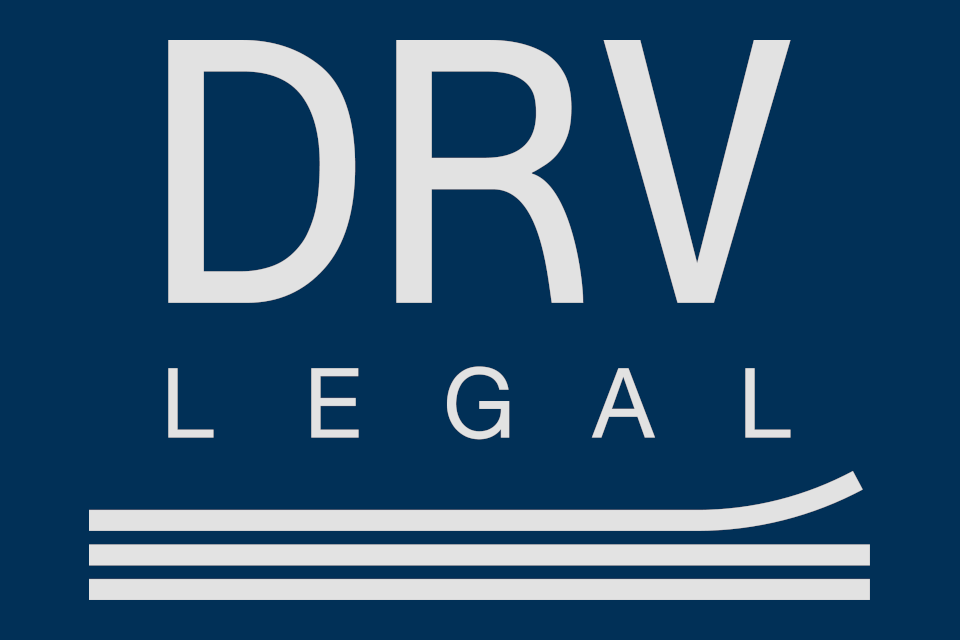DRV's insolvency team led by the name partner Dušan Dvořák has recently noted two successes whilst representing clients at the Supreme Court of the Czech Republic, which complied with two appellate reviews in insolvency matters.
In Ruling No. 29 Cdo 4524/2017 the Supreme Court upheld the opinion that, in accordance with Section 356 (1) of the Insolvency Act, ancillary rights of a debt also cease to exist along with coming to effect of the reorganization plan, if the claim itself should have been applied by the creditor (plaintiff) in insolvency proceedings against the debtor (defendant) and that this applies also in the case of ancillary rights forming the costs of proceedings which occurred due to asserting such claim in court and which the creditor was previously paying by his own (in accordance with Section 140 (1) Civil Procedure Code). Thus, the claim to reimbursement of the costs of proceedings cannot be granted in such proceeding. In this particular case the plaintiff had filed a law suit before the insolvency proceeding began and after the insolvency proceeding had been brought to an end (after the reorganization plan came to effect and was fulfilled), he withdrew the law suit when the particular proceeding was renewed because his claim expired during reorganization, but at the same he demanded the reimbursement of the costs of proceedings claiming that he filed the suit by right. The Supreme Court upheld the fact that although the creditor (plaintiff) could not have exercised these ancillary rights in insolvency proceeding before issuing a final ruling on reimbursement of the costs (according to Section 142 or 146 Civil Procedure Code), it has no effect on the conclusion that the reimbursement of the costs cannot be granted.
In Ruling No. 29 NSČR 206/2017, the Supreme Court assessed the conditions for trying an insolvency petition of a sole creditor who asserts the debtor’s overindebtedness, but when there is no other creditor with a receivable due, only creditors whose receivables are not due yet. The Supreme Court agreed with the opinion of DRV by saying that the existence of at least two debtor's creditors with outstanding debts is the defining element of insolvency only in the form of payment incapacity, therefore the provision of Section 143 (2) of the Insolvency Act must be considered as a rule which only applies to insolvency in the form of payment incapacity. Thus, it must prevail the conclusion that a proof of the existence of another person with a receivable due against the debtor is not the prerequisite for determining debtor's insolvency in the form of overindebtedness under the creditor's petition; insolvency petitioner is then only required to submit evidence on his receivable due against the debtor and evidence on the debtor's bankruptcy. This ruling is important especially for banks and major debtors that were earlier avoiding insolvency proceedings by agreeing with other creditors on extending maturity of the debts.
